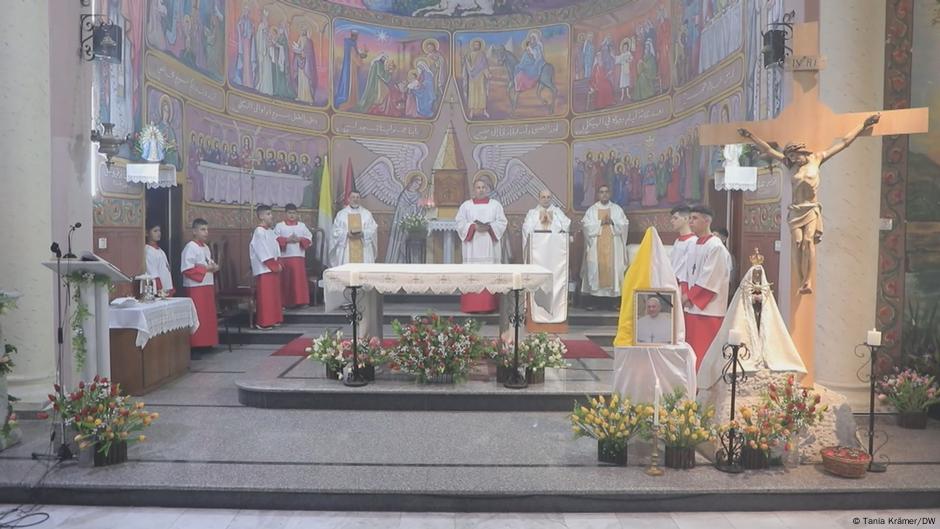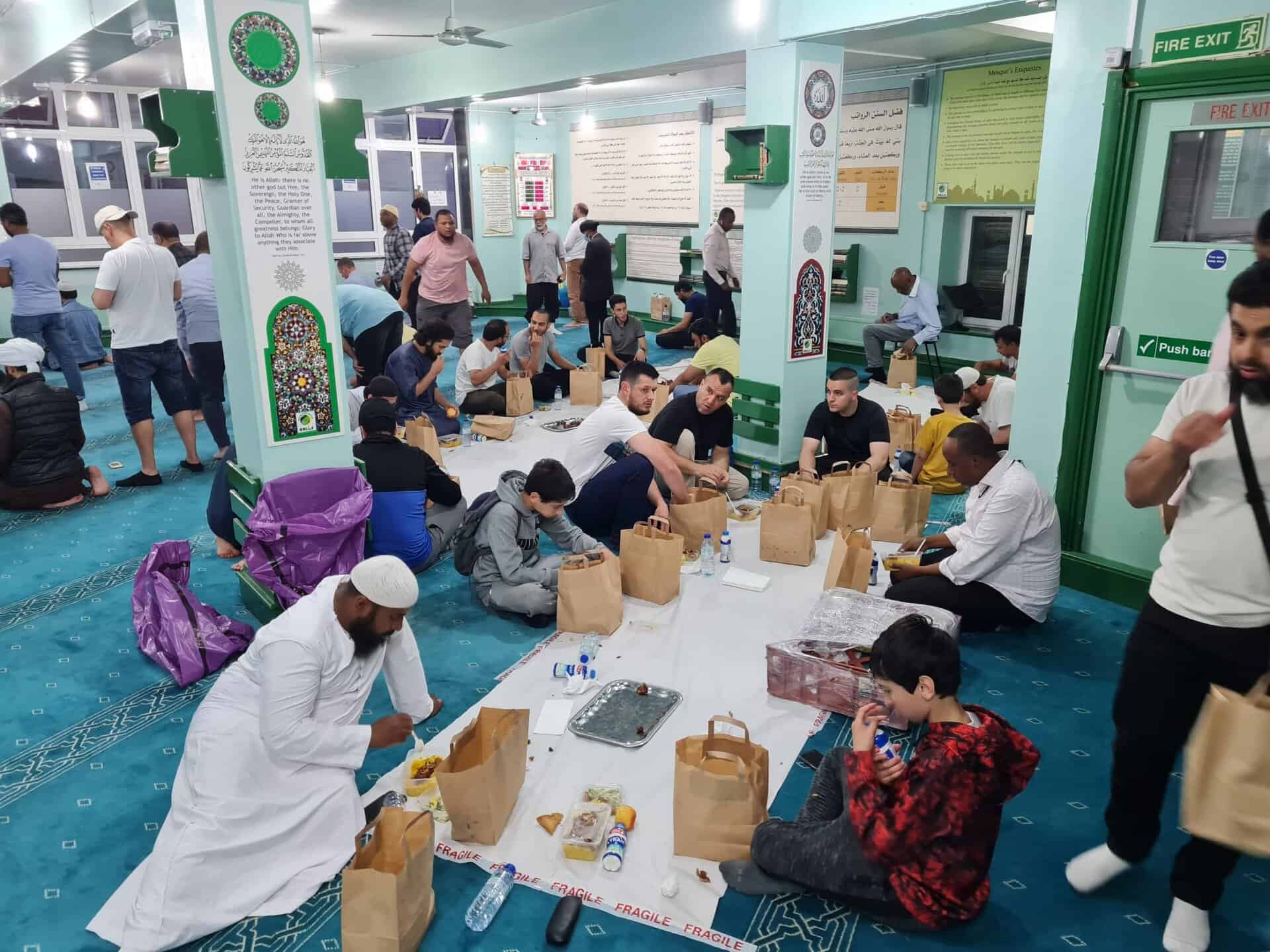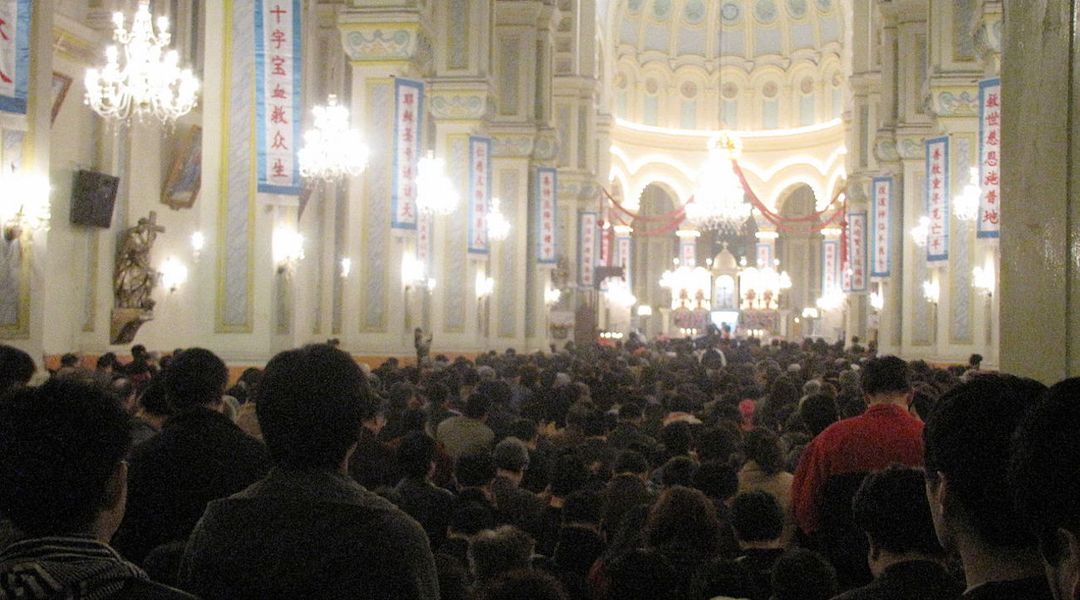From Secular to Orthodox: The Surprising Religious Transformations Reshaping Israeli Society
Religion
2025-03-26 13:51:24Content
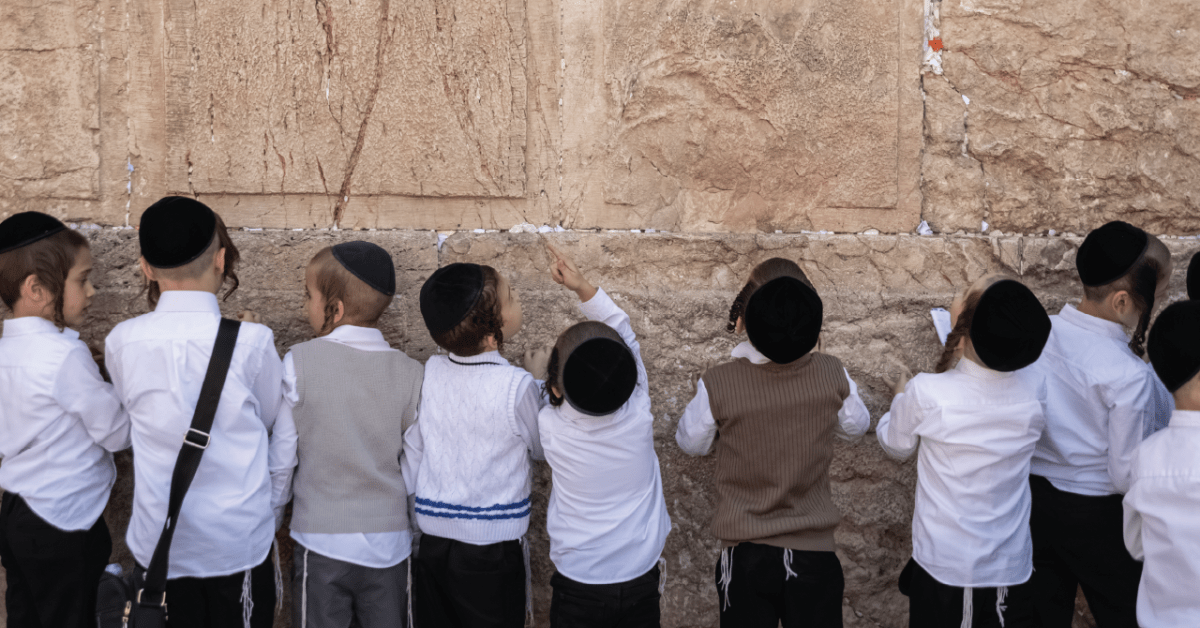
Religious Identity in Flux: The Shifting Landscape of Jewish Affiliation in Israel
A fascinating new study reveals the dynamic nature of religious identity among Israeli Jews, with nearly one-quarter of the population experiencing significant spiritual transformations throughout their lives. Approximately 22% of Israeli Jews have navigated between different Jewish religious groups, demonstrating the complex and fluid nature of religious identification in modern Israeli society.
This remarkable statistic highlights the personal journeys of individuals who have explored and ultimately redefined their religious affiliations. Whether moving from more traditional to more secular practices, or vice versa, these transitions reflect the rich tapestry of Jewish religious experience in Israel.
The research underscores the deeply personal nature of religious identity, showing that religious affiliation is not a static concept but a evolving aspect of individual spiritual exploration. Such mobility between religious groups suggests a society that values personal choice and spiritual authenticity, allowing individuals the freedom to find their most meaningful religious path.
These findings provide a nuanced understanding of religious dynamics in Israel, challenging simplistic narratives about religious identity and showcasing the vibrant, adaptable nature of Jewish religious life.
Religious Identity Shifts: The Surprising Dynamics of Jewish Group Transitions in Israel
In the complex tapestry of Israeli society, religious identity is not a static construct but a dynamic landscape of personal transformation. The intricate patterns of religious affiliation reveal a nuanced narrative of spiritual exploration, cultural adaptation, and individual choice that challenges traditional perceptions of religious belonging.Unveiling the Hidden Currents of Religious Transformation
The Landscape of Religious Mobility
The phenomenon of religious group switching represents a profound sociological exploration of identity in contemporary Israeli society. Researchers have uncovered a remarkable trend where approximately one-fifth of Israeli Jews navigate between different religious denominations throughout their lifetime. This mobility suggests a fluid understanding of religious identity that transcends traditional boundaries and challenges static categorizations. The complexity of these transitions reflects deeper psychological and social dynamics. Individuals are not merely changing religious labels but are engaging in a profound process of self-discovery, cultural negotiation, and personal spiritual evolution. Each transition represents a deeply personal journey of meaning-making, influenced by familial experiences, educational backgrounds, social interactions, and individual philosophical explorations.Psychological Dimensions of Religious Transformation
Religious identity shifts are not random occurrences but carefully navigated personal transformations. Psychological research indicates that these transitions are often triggered by significant life events, intellectual discoveries, emotional experiences, and complex interpersonal dynamics. The decision to move between religious groups represents a sophisticated process of introspection and external engagement. Individuals undertaking these transitions frequently report experiencing profound personal growth, expanded worldviews, and a more nuanced understanding of spiritual identity. The journey involves confronting deeply ingrained cultural narratives, challenging inherited belief systems, and constructing a more authentic personal narrative that resonates with individual experiences and evolving perspectives.Sociocultural Implications of Religious Mobility
The prevalence of religious group switching in Israeli society unveils broader sociocultural transformations. These transitions challenge traditional communal structures, suggesting a more flexible and individualistic approach to religious identification. The phenomenon reflects increasing social complexity, where personal agency and individual choice supersede rigid communal expectations. Such mobility indicates a sophisticated social ecosystem that allows for personal spiritual exploration. It demonstrates the resilience of Israeli society in accommodating diverse religious expressions and individual paths of spiritual development. The ability to transition between religious groups without significant social stigmatization represents a progressive approach to religious identity.Methodological Insights and Research Challenges
Studying religious group transitions presents unique methodological challenges. Researchers must navigate complex personal narratives, develop nuanced measurement tools, and create interpretive frameworks that respect individual experiences. The quantitative data of group switching must be complemented by rich qualitative research that captures the subjective dimensions of these transformations. Longitudinal studies are crucial in understanding the long-term implications of religious mobility. By tracking individuals over extended periods, researchers can develop more comprehensive models of religious identity formation, exploring the intricate interactions between personal choice, social context, and spiritual development.Future Perspectives on Religious Identity
The trend of religious group switching suggests an evolving understanding of religious identity in Israeli society. Future research must continue exploring these dynamic processes, developing more sophisticated theoretical frameworks that capture the complexity of religious mobility. Understanding these transitions can provide valuable insights into broader social dynamics, cultural adaptability, and individual spiritual journeys. As Israeli society continues to transform, religious identity will likely become increasingly fluid, personalized, and reflective of individual experiences. The ability to navigate multiple religious perspectives represents a sophisticated approach to spiritual and cultural belonging, challenging traditional notions of fixed religious identities.RELATED NEWS
Religion

Spiritual Surprise: Portland Tops National Religious Landscape in Unexpected Twist
2025-03-12 12:00:00
Religion
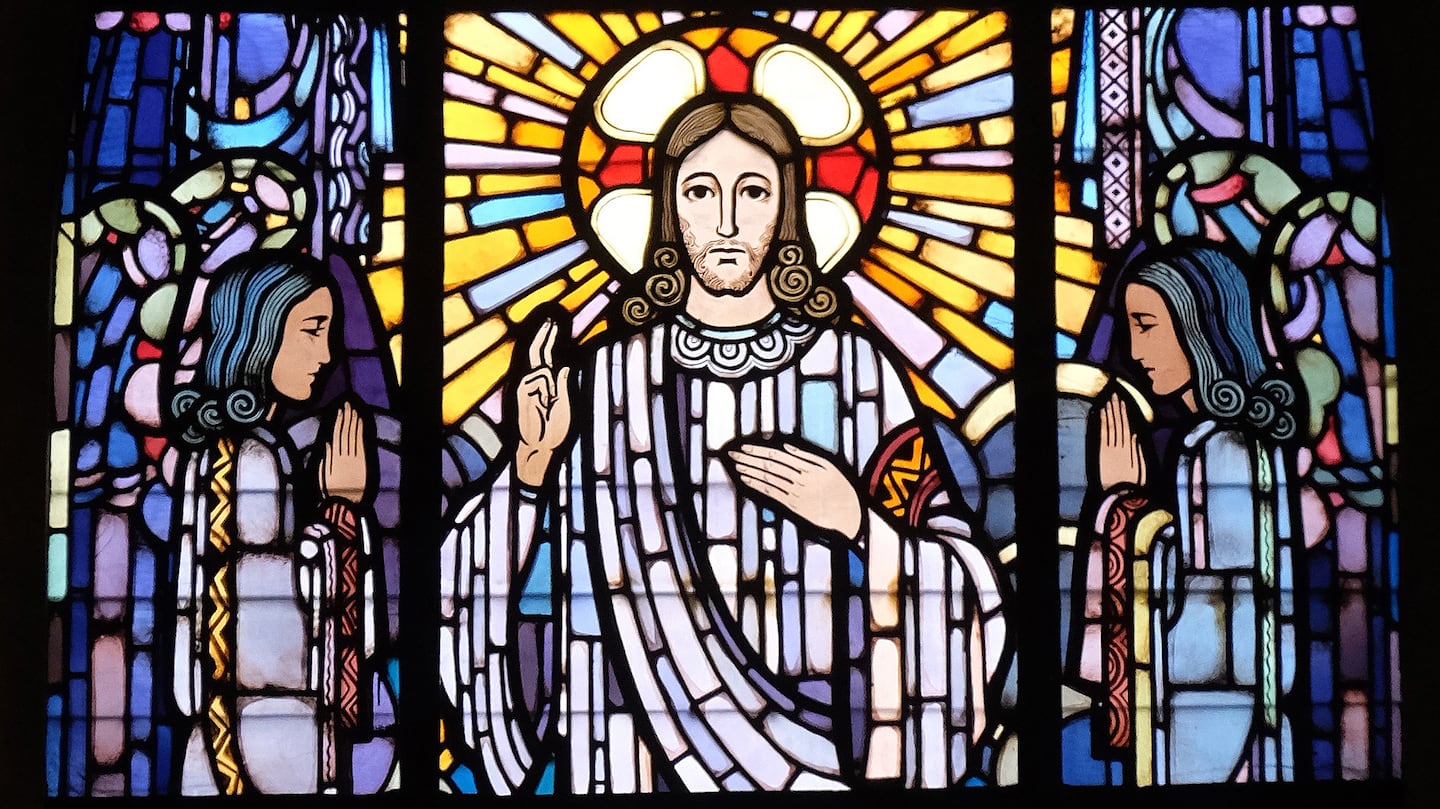
Faith, Freedom, and the Ballot Box: Is America's Democracy Losing Its Spiritual Compass?
2025-03-13 07:00:00
Religion

Faith on Trial: Court Dismisses Incompetence Claim Rooted in Religious Conviction
2025-04-08 21:05:00
